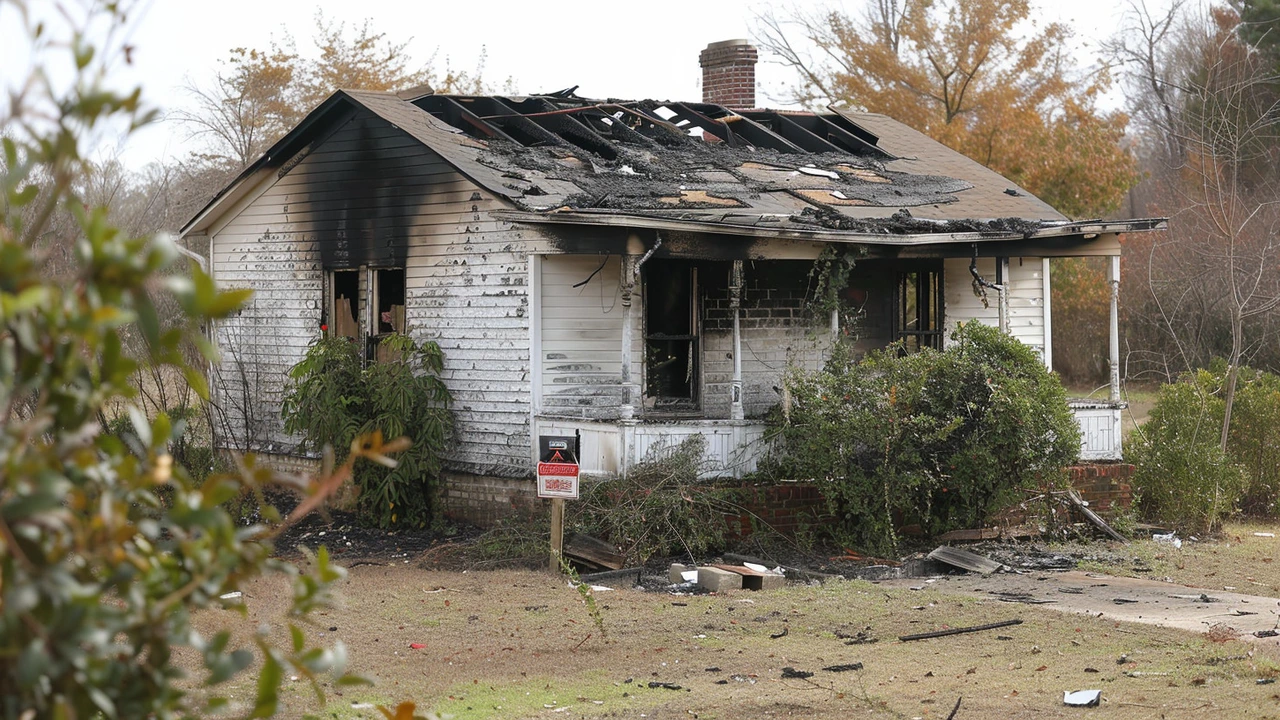Fire damage is tough to deal with—whether it's your home, business, or neighborhood, the aftermath can be devastating. But what really causes fire damage? Usually, it starts with accidents like electrical problems, unattended cooking, or careless smoking. Sometimes, natural causes like lightning strikes or wildfires are behind it. Knowing this helps you spot risks before they turn into costly problems.
When a fire breaks out, it doesn’t just burn the stuff it touches. Smoke can spread far, leaving a nasty smell and damaging walls, furniture, and personal belongings. Water used to put out the fire can soak your property, causing even more trouble like mold and structural damage. And don’t forget about the emotional toll—it takes time and effort to bounce back from seeing your space ruined.
You can’t always prevent a fire, but you can reduce the damage. Start by making sure smoke detectors are working and test them regularly. Keep fire extinguishers handy and know how to use them. Remove clutter that might fuel a fire and be extra careful with electrical wiring and appliances. If you catch a fire early, there's a better chance it won’t spread and cause huge losses.
After a fire, act fast. Contact your insurance company to understand your coverage. Hiring professionals to assess and clean up the damage is important because they know how to handle smoke and water issues properly. Don’t rush repairs—fixing things properly now means fewer problems down the road. Remember, restoring your space is as much about safety as it is about appearance.
Regular home checks go a long way. Look out for frayed wires, faulty outlets, and overloaded power strips. Cooking is the top cause of home fires—never leave the stove unattended. If you smoke, do it outside and use proper ashtrays. Make a fire escape plan with your family so everyone knows what to do if flames break out. These small steps can save you from big trouble.
Fire damage might seem overwhelming, but understanding what causes it and how to respond can make all the difference. Stay alert, prepare smart, and you’ll be better equipped to protect your home and loved ones.
